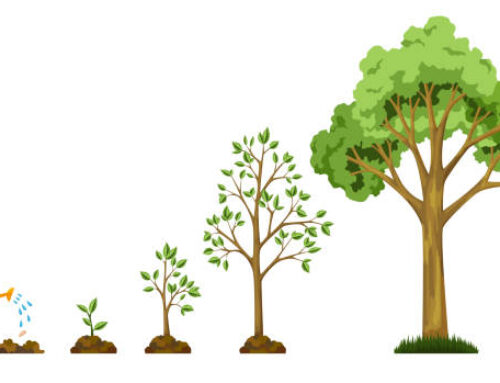Not Your Grandmother’s HR
Shawnee Love •
September 12, 2013
I have had quite a few people approach me recently with varying degrees of interest in HR.
Some are looking to hire an HR person and want to know what to look for. Some are interested in the field and want to know how to get in.
I’d like to think long gone are the days that you got tapped on the shoulder to move into HR because you were a nice person or a mother hen type, but I have met a few people who admit that is how they got into the field.
In actual fact, HR isn’t just hiring, paperwork and birthday parties anymore although they often are part of the job. In today’s market where companies are trying to do more with less, technology is moving at warp speed, and employees have high expectations, HR is not for the faint of heart. While you do have to be personable, after a few years doing a good job, you may not be universally perceived as sweet or nice. What you should hope for is that your employees think you are fair, honest, follow through, and do the right thing. It also doesn’t hurt to have strong shoulders and a thick skin.
Anyway, I thought it might be helpful, whether you are looking to hire or contemplating making the jump into HR to shed some light on what the HR levels look like:
- HR Assistant: This is position is often more closely aligned with an executive assistant than the HR field. Like an executive assistant, an HR assistant doesn’t exist without a senior boss to report to and assist, i.e., HR Manager, Director or VP. The assistant will basically assist his/her manager to meet their deliverables and as such activities are diverse, i.e., organizing interviews, arranging meetings and events, inviting people to training, following up with those responsible for tasks and of course filing and data entry. An HR assistant is usually sworn to secrecy and to protect the confidentiality of the department, but that is the case with most EA’s so not much difference there.
- HR Coordinator: Next up is the HR Coordinator who typically reports to a more senior HR person and has direct HR responsibilities- typically, as the name would suggest, for coordinating HR programs, activities, events, etc. Usually only found in larger organizations who have significant HR teams with large projects on the go, the coordinator may coordinate anything from grievance discussions to events to candidate meetings to research and reporting on information and metrics and of course is usually responsible for the paperwork and may also do a significant amount of work maintaining employee information.
- HR Generalist/HR Specialist: As a coordinator seeking to progress, you could be promoted to an HR Generalist or HR Specialist role. These roles are typically fairly transactional at the junior levels meaning they do a lot of administration of the various functions but not a lot of designing and developing.
- For example, an HR generalist may be asked to provide advice on the collective agreement or policy, but they wouldn’t be interpreting anything that hasn’t already been spelled out for them. HR Generalists are common in small organizations although they may need to be more senior if they are the only HR person in the organization.
- HR Specialists as the name suggests usually specialize in a particular aspect of HR, e.g., compensation, recruitment (often called a Recruiter or Recruitment Specialist), training & development, etc. At this first stage of specialization, the role is often a great deal of research, administration, coordination, and reporting and usually they work closely with a more senior Specialist to ensure they are on the right track.
- HR Manager: HR Manager is the next level up the HR food chain and there are many variations of this role depending on the type of organization. Some HR Managers are pretty much HR Generalists only they are sole practitioners (i.e., the only HR person in their company) and as such there is a greater degree of responsibility for providing good advice. Some HR Managers are Managers of a Specialization (e.g., Compensation Manager, Recruitment Manager, etc.) and they are responsible for development and implementation of programs in their areas of specialization. There are also HR Managers who truly manage a team of HR professionals and usually also maintain their portfolio of HR responsibilities depending on whether they are specialists or not.
- HR Directors & HR Vice Presidents: These titles are reserved for the top of the HR food chain. At these levels, you would be expecting the individual to be focusing on the big picture and strategizing how to make the organizational goals happen via the people initiatives under their control. Smaller companies might call their top HR Pro an HR Director. Larger companies probably have the VP or EVP of HR. Companies large enough to need HR Veeps have them at the executive table (yes they have a “seat”). The VP would set the vision, mission and values of the HR team and often work with the leadership team to build them for the entire organization. The VP would then delegate to the Director’s to lead the strategy of particular aspects of HR which they oversee.
I hope that has shed some light on HR careers and helped you decide what you need or want to be. Anything else to add, please comment.





